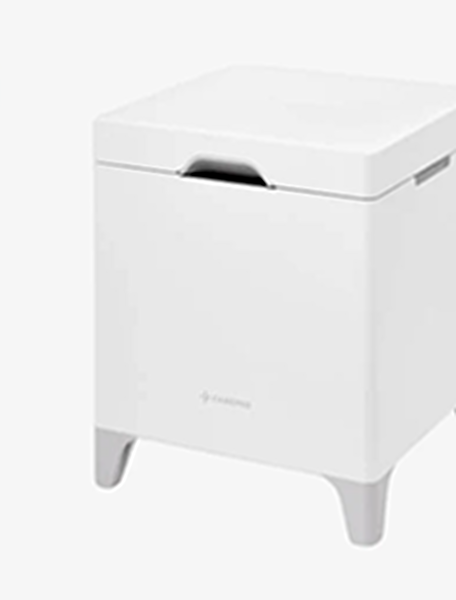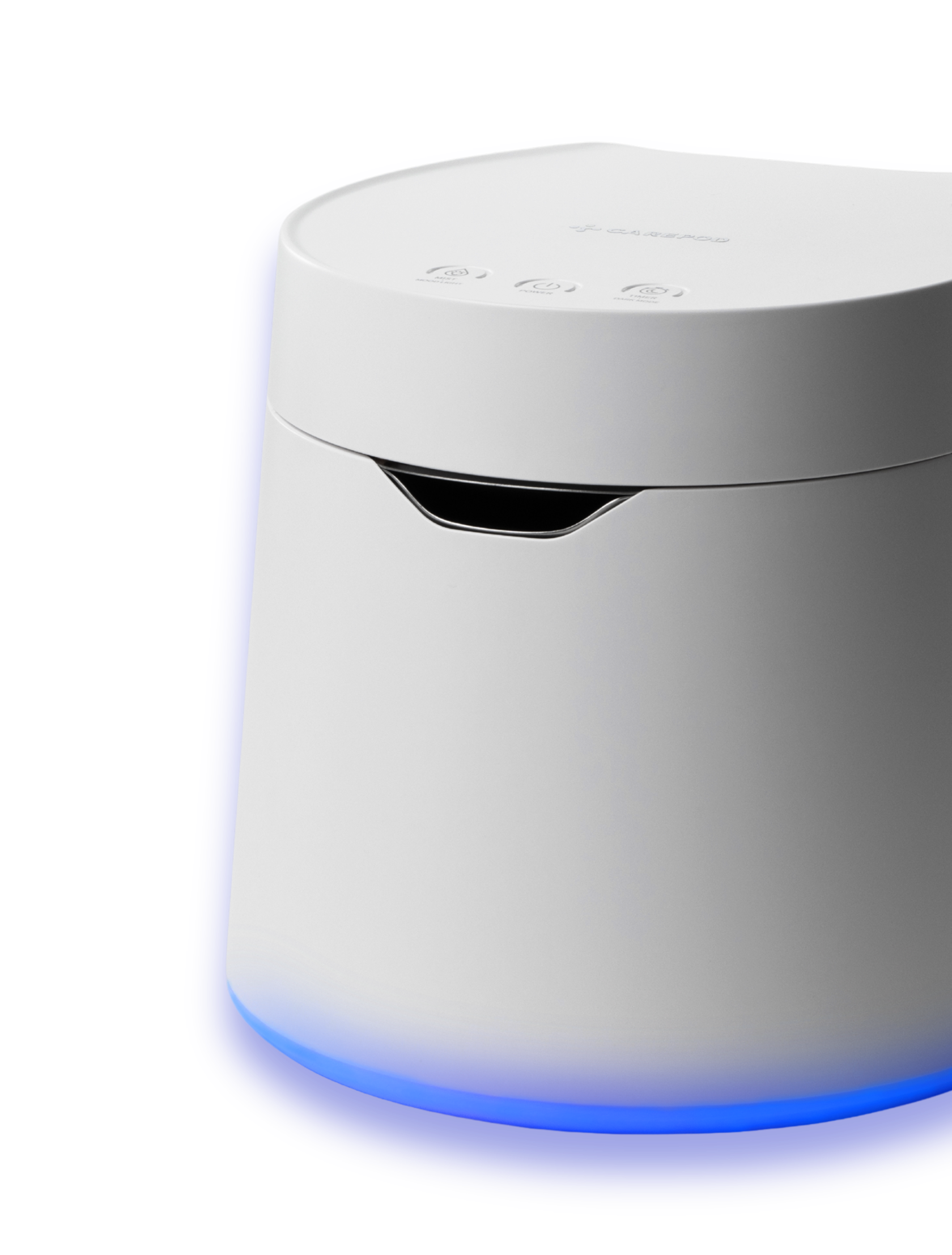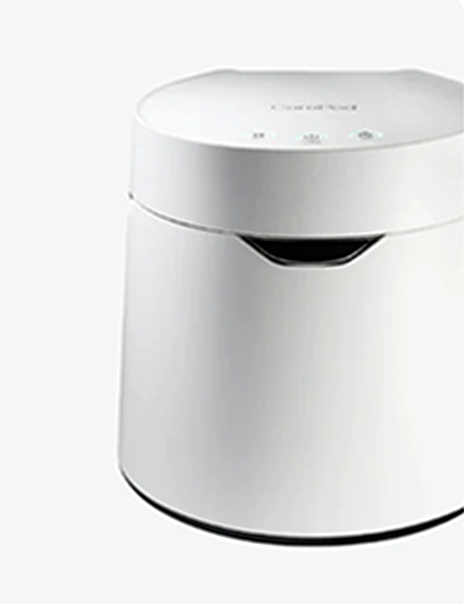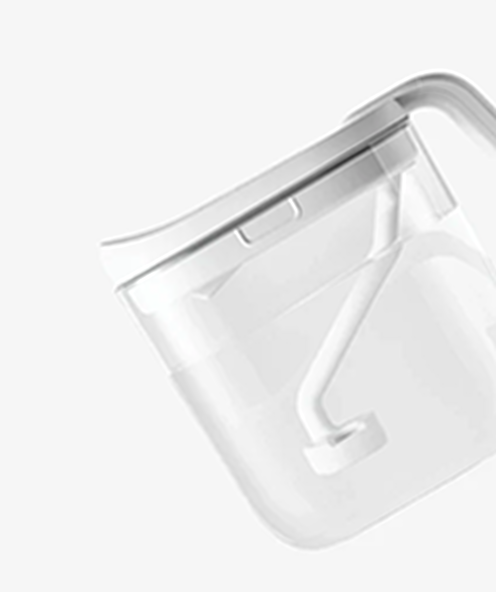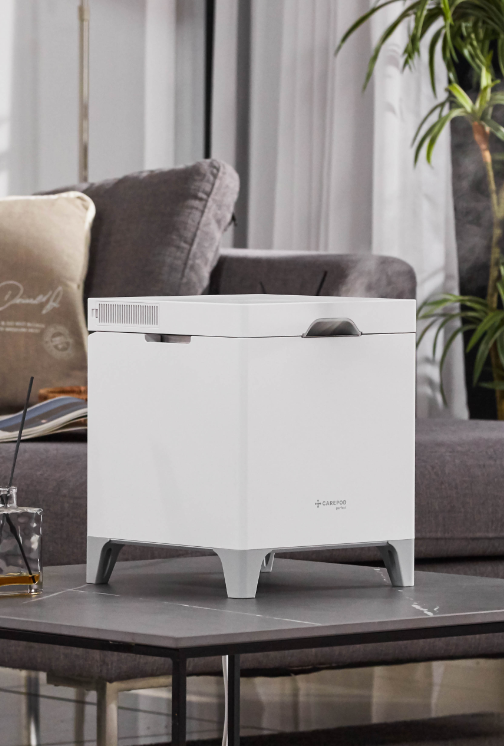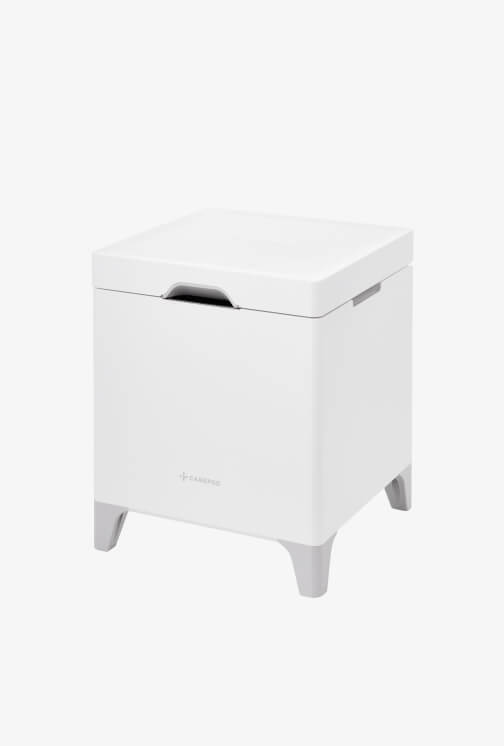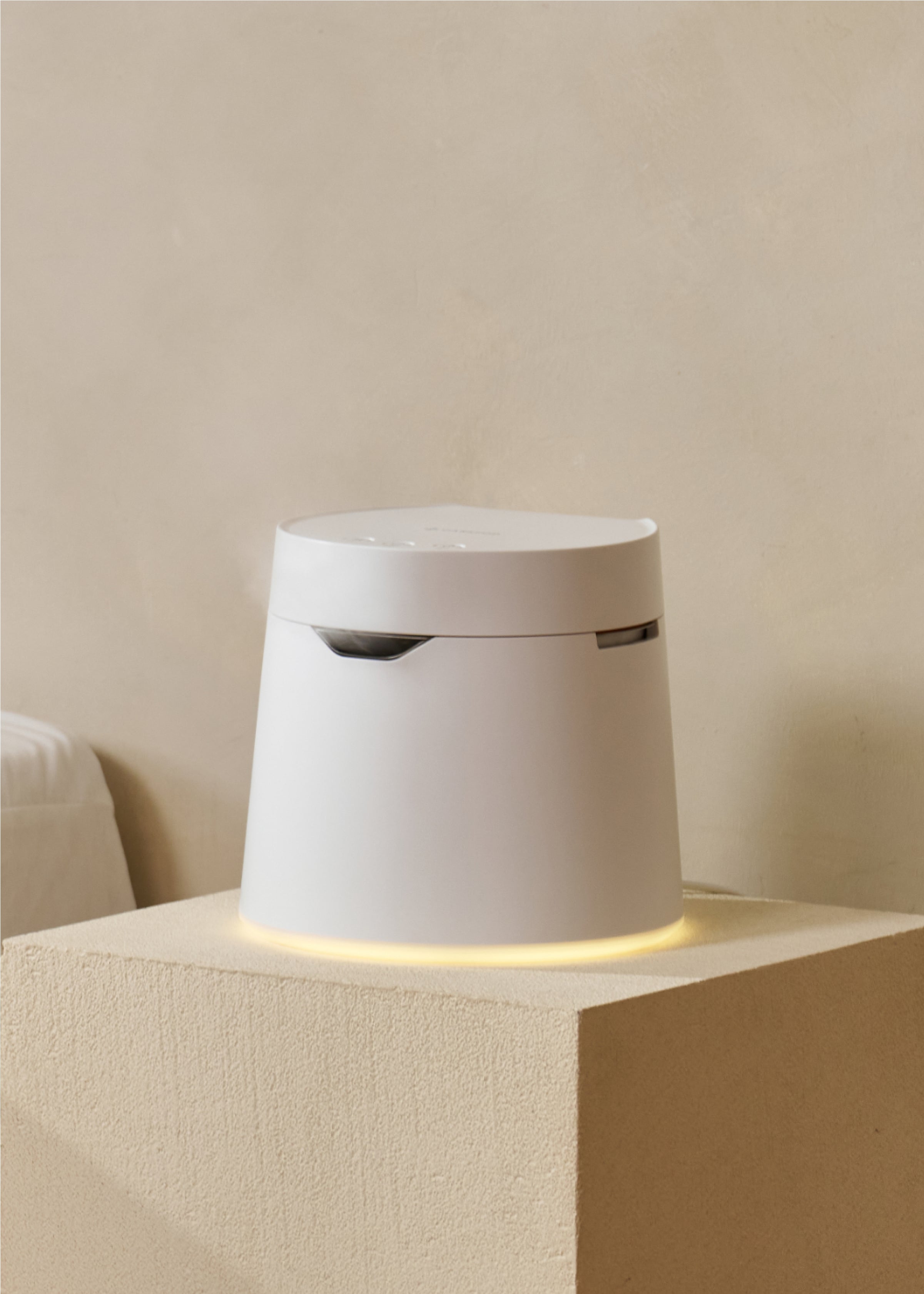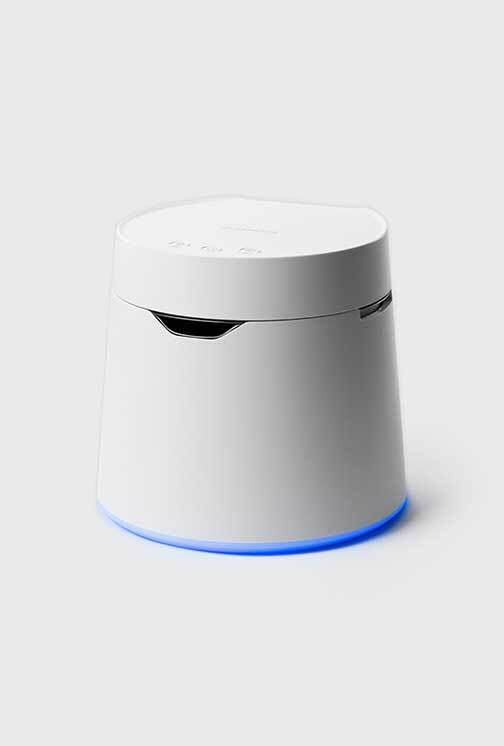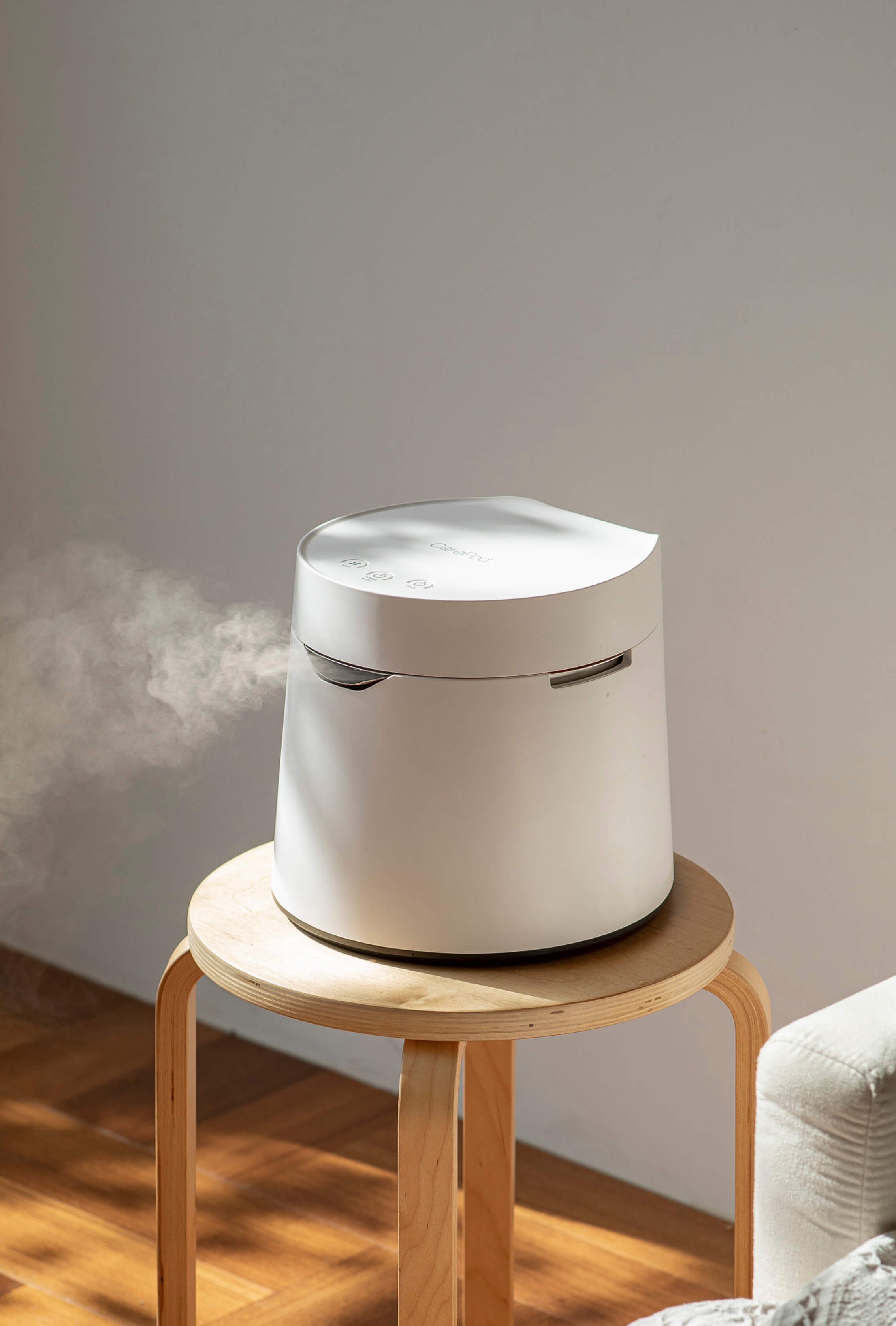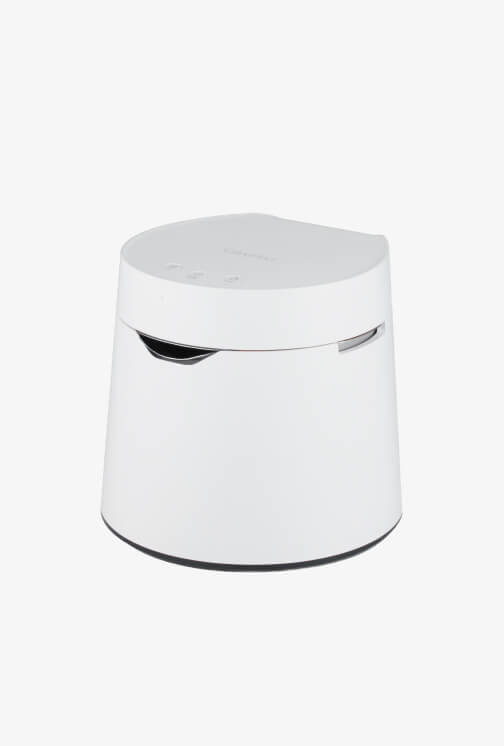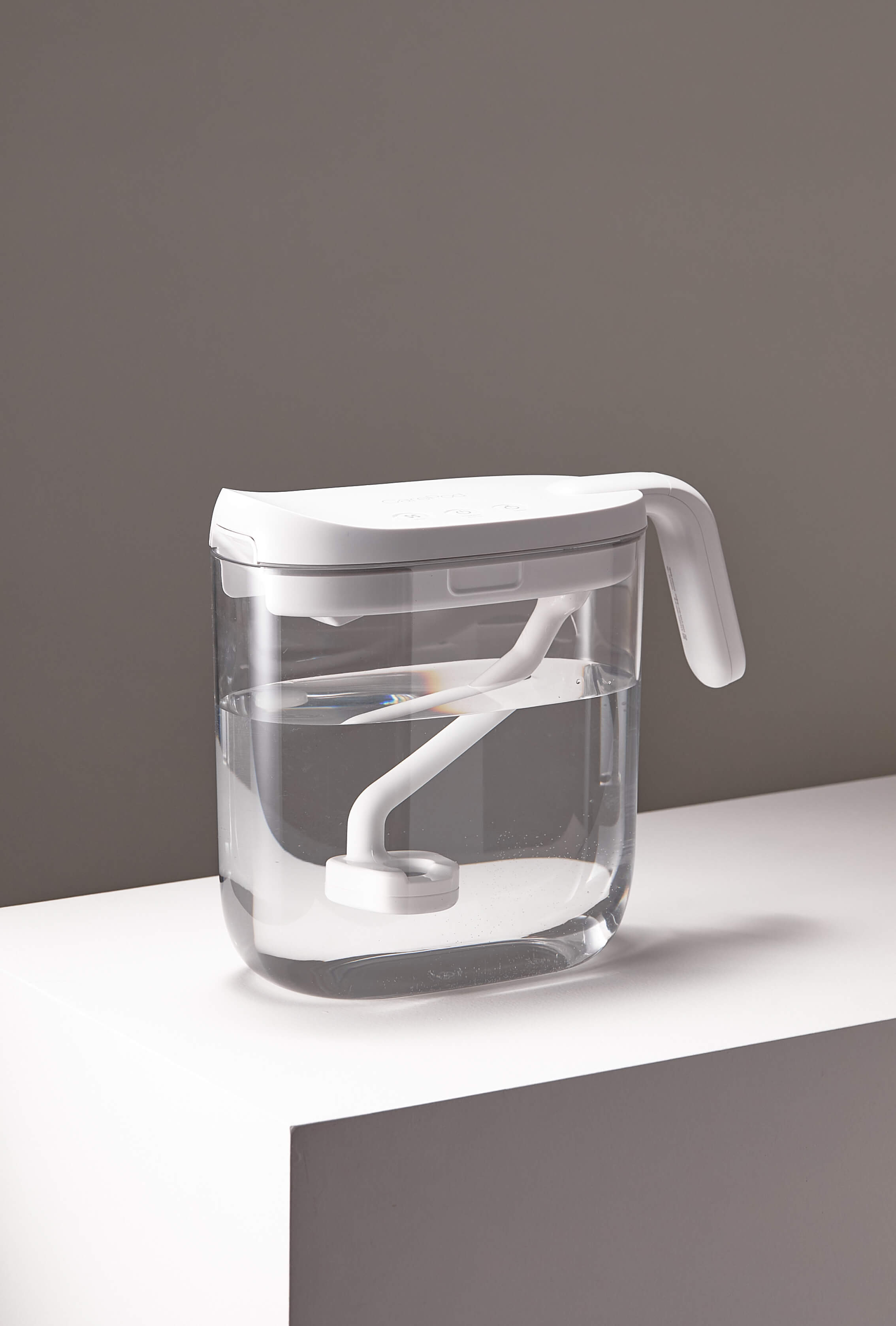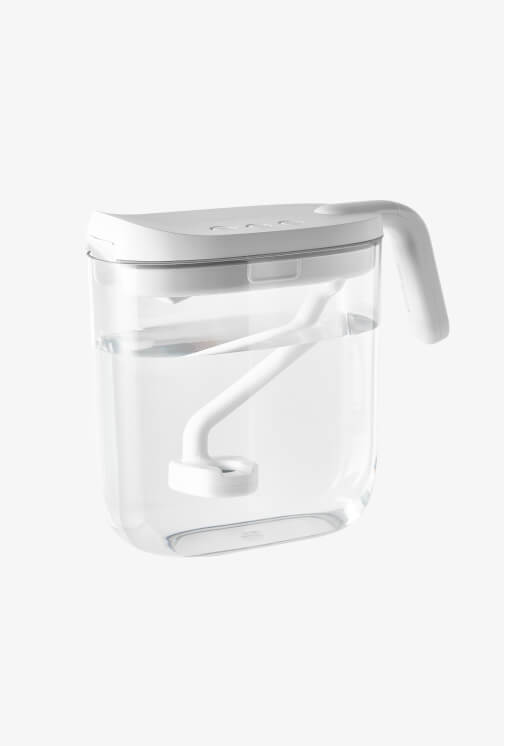Why Do I Need A Humidifier For The Fall?

As the leaves begin to turn and autumn settles in, it’s not just the outdoors scenery that changes — the air in your home can also become much drier. This drop in humidity often leads to respiratory irritation and overall discomfort, affecting how you feel day-to-day.
A humidifier can be a simple and effective solution to these seasonal challenges. By adding moisture to indoor air, it helps provide relief for a number of health issues, making your home a more comfortable place during the fall months.
In this article, we’ll explore 7 reasons why a humidifier is a smart addition to your home this fall.
Combating Dryness from Heating or Air Conditioning
Both air conditioning and indoor heating systems tend to dry out the air, leading to all a range of negative health effects.
During the start of the season, as temperatures remain warm, you may still be running your air conditioner. However, air conditioners pull moisture out of the air as they cool it, leaving your indoor environment often dry and uncomfortable.
As temperatures begin to drop at night or over the weeks, you may begin to switch to central heating to stay warm. Unfortunately, this has a similar effect as air conditioning, further drying out the air and leading to similar issues.
That’s why a humidifier is especially important during this time of year. It helps counteract the drying effects of both A/C and central heating, ensuring a more healthy and comfortable indoor environment at home.

Reducing Seasonal Allergies
As fall arrives, so do common seasonal allergies, such as dust mites, mold spores, and ragweed.
These particles, which thrive in dry indoor environments, can aggravate your respiratory system, leading to symptoms like sneezing, congestion, and itchy eyes, and a general feeling of discomfort.
When your home lacks moisture, allergens can stay suspended in the air more commonly, increasing the likelihood that you’ll breathe them in and experience an allergic reaction. However, studies show that increased humidity levels make it more difficult for these particles to become airborne, reducing their presence in the air you breathe.
By adding moisture to your indoor air, a humidifier can help create a healthier home environment, allowing you to enjoy the season with fewer allergy-related disruptions.
Protecting Your Body From Viruses
Using a humidifier can also be a powerful tool in protecting your body from viruses.
In dry environments, airborne pathogens can survive longer and spread more easily, increasing the risk of getting sick. Maintaining the right humidity levels — between 30% and 50% (as recommended by the EPA) — reduces the ability of these viruses to stay suspended in the air, lowering your chances of infection.
Additionally, humid air helps keep your mucous membranes well-hydrated. These linings, which cover your nose and throat, act as your body’s first line of defense against viruses, trapping and expelling particles before they can enter your system.
When the surrounding air is too dry, however, these membranes become dehydrated and are less effective, making it easier for pathogens to enter the body and cause illness.
By maintaining proper humidity levels with a humidifier, your mucous membranes will be able to function properly and better protect your body against colds, flu, and other respiratory infections.

Relieving Cold And Flu Symptoms
When fall comes around, it also marks the beginning of cold and flu season. Dry indoor air can make symptoms like a sore throat, congestion, and dry nasal passages feel even worse.
A humidifier can make a big difference by adding moisture back into the air, keeping your nasal passages and throat well-hydrated. This added hydration not only makes it easier to breathe but also reduces the irritation that can lead to persistent coughing.
The extra humidity even helps to thin out mucus, making it easier to clear your sinuses and reducing the overall discomfort that comes with respiratory issues.
Overall, ensuring that your indoor air is properly humidified during the fall and winter months is crucial for your comfort and health. A humidifier can help create a home environment that helps you breathe easier and supports your body’s natural defenses.
Preventing Nosebleeds
Low levels of indoor humidity can even lead to frequent nosebleeds.
Dry air dehydrates the delicate tissues inside your nose, making them more susceptible to cracking, irritation, and even bleeding. This is especially common during the fall and winter months, when indoor heating systems can make the air in your home even drier.
A humidifier plays a key role in protecting your nasal passages. When moisture levels in your home are properly maintained, the tissues inside your nose remain healthy and hydrated, reducing the chances of those irritating, sometimes painful nosebleeds.
A well-hydrated environment also helps keep your entire respiratory tract more comfortable and healthy all-year-round.

Keeping Your Skin Hydrated
As the air becomes cooler and drier in the fall, you might start to notice changes in your skin, such as dry patches, flakiness, and irritation. This happens because lower humidity levels can strip your skin of its natural moisture, leading to uncomfortable conditions.
A humidifier restores much-needed moisture to the air, helping your skin retain its natural level of hydration.
This may prevent common issues like dryness and cracking, reduce itchiness, and support overall skin health. The added moisture can be especially beneficial for those with sensitive skin or conditions such as eczema and psoriasis.
Maintaining Healthy Hair And Eyes
Dry air doesn’t just take a toll on your skin — it can also lead to dry hair and dry eyes. This not only causes discomfort and irritation, but can potentially even affect your appearance.
When the air lacks moisture, your hair can lose some of its natural hydration, making it more prone to breakage, split ends, and frizz. By maintaining sufficient moisture levels with a humidifier, your hair retains more of its natural moisture, staying healthy, smooth, and less prone to damage.
Similarly, dry air can evaporate the tear film that protects your eyes. This often leads to redness, itching, and overall irritation. The added moisture from a humidifier can help keep your eyes comfortable and well-lubricated, reducing the chances of dryness and irritation.

Promoting Better Sleep
Dry air can cause your throat and nasal passages to become dehydrated. This increases the chances of waking up during the night with a dry mouth or stuffy nose.
A humidifier helps by adding moisture back into the air, keeping your throat and nasal passages hydrated. This reduces the likelihood of respiratory irritation and congestion, which may interrupt your nighttime rest. The added humidity can also soothe your skin, preventing the tightness and itchiness that can keep you awake.
By creating a more comfortable and breathable environment, a humidifier can help you fall asleep faster and enjoy a more restful, uninterrupted night’s sleep.
